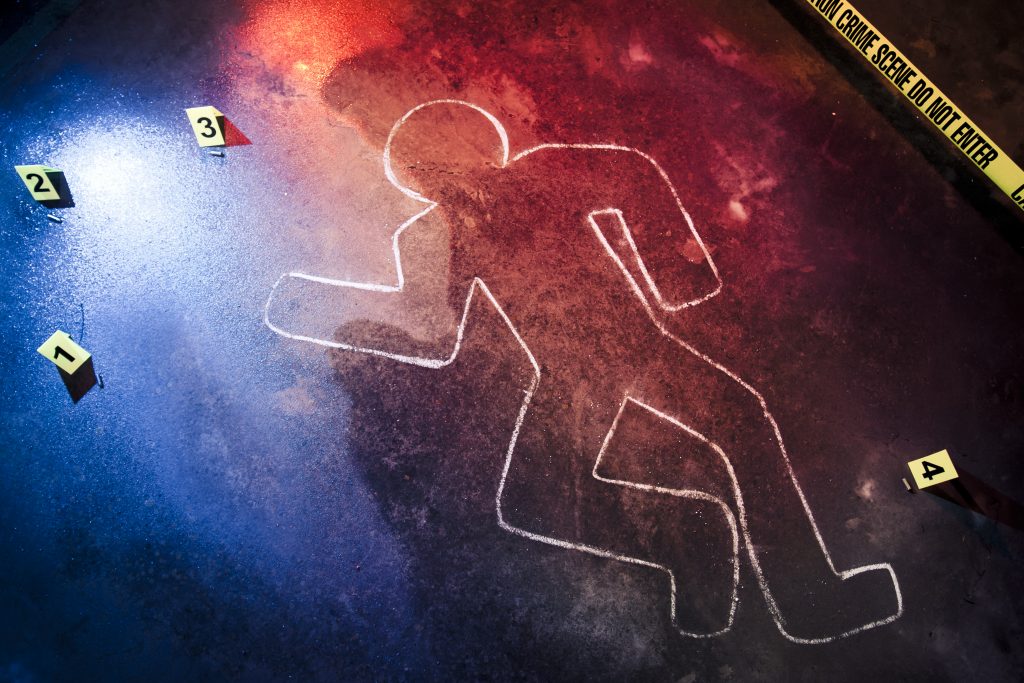After the authorities have finished investigating a crime scene, all that’s left to do is to clean up. Many think that using household bleach and cleaning materials can do the job. But the truth is that they are never enough to decontaminate and sanitize the area. It is important to note that crime scenes are more than just traumatizing. There is always the risk of contracting diseases from blood pathogens.
Cleaning Is Not Sanitizing
Salt Lake City crime scene clean up experts also note that cleaning is not the same as sanitizing. You can use them interchangeably, but they are two different things. The former refers to the process of removing any material (like blood spills) on the surface, while the latter refers to the removal of biological materials. A clean surface doesn’t mean that is free from pathogens or microorganisms.
Special Techniques and Materials
In cleaning and decontaminating blood and bodily fluids, nothing will do the job as good as special equipment and industrial grade chemicals. It is true that household bleach kills many bacteria and viruses. However, it is not the best product for cleaning and sanitizing a blood spill. In fact, there are other better ways to clean the crime scene without using bleach. It is always better to hire cleanup professionals for an efficient job.
Handle with Extreme Care
We should all handle every crime scene with caution, as pathogens may be present can cause infectious diseases. This is true even if you’re cleaning the blood of a loved one or family member. Regardless of whose blood is present in the crime, the use of protective equipment like goggles and gloves is of utmost importance. Keep in mind that blood spills can pose serious diseases.
If a murder, accident, or a suicide happened on your property, it is normal to think cleaning is owner’s or the family’s responsibility. It doesn’t always have to be this way, though. There are crime scene cleanup professionals who can do the job for you.

